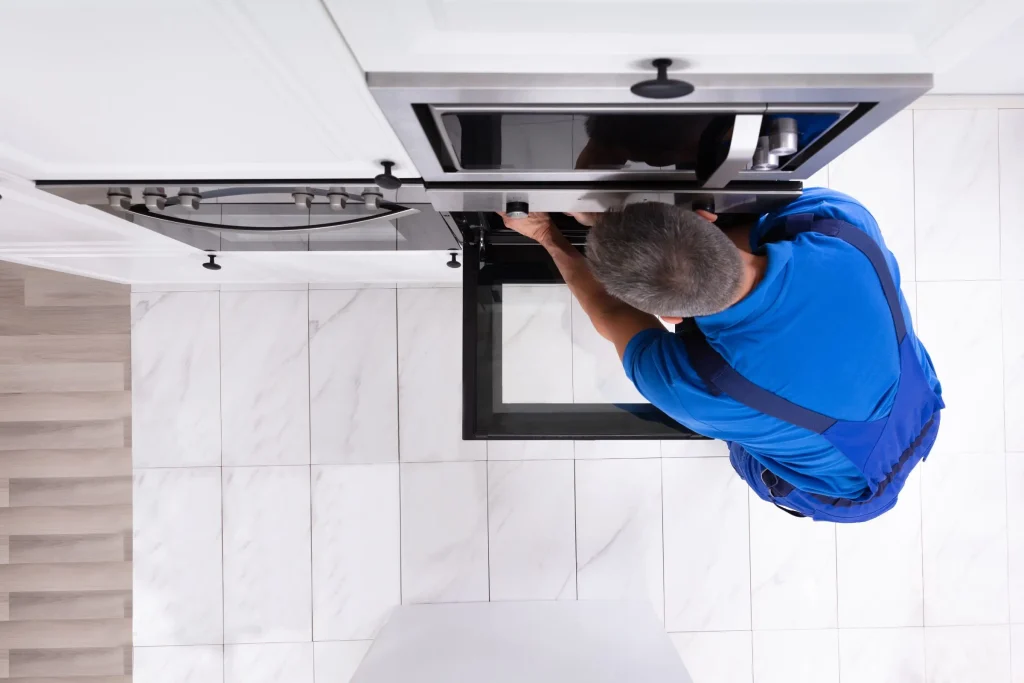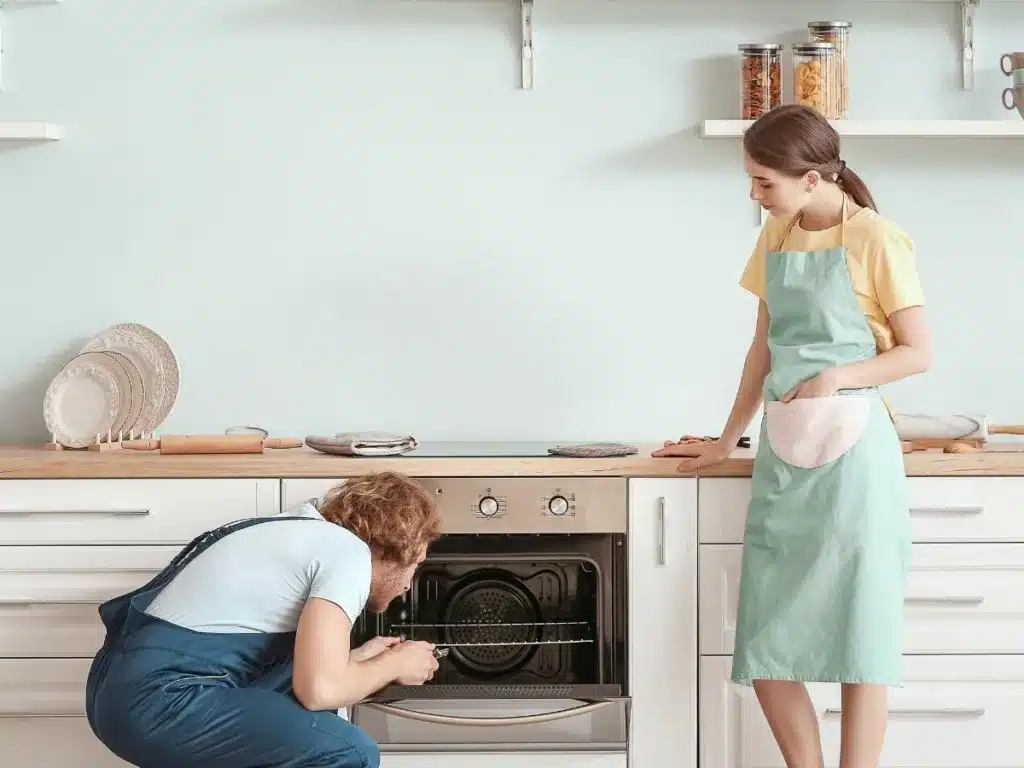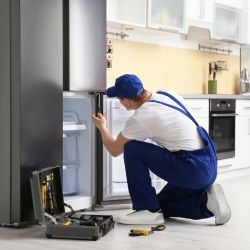
KIC ovens are known for their incredible precision and durability. Whether you’re using yours for baking, industrial curing, or other heat-based processes, ensuring top performance is key for getting the best results. This guide will delve into the essential maintenance routines to keep your KIC oven functioning at its peak.
Why Maintenance is Important for Your KIC Oven
- Safety Above All: Neglected ovens can become electrical or fire hazards. Prevent accidents by addressing issues promptly.
- Maximizing Your Investment: A well-maintained KIC oven can deliver reliable service for many years. Regular care protects and extends its lifespan.
- Peak Performance: Baking and other temperature-sensitive processes demand accuracy. Maintain consistent results with proper upkeep.
- Preventing Costly Downtime: Small issues can escalate, leading to unexpected breakdowns. Stay ahead of problems with preventative maintenance.
Daily maintenance advice
- Keep it Clean: Wipe up spills and crumbs inside the oven at the end of each day. Prevent grease buildup with a quick exterior wipe down too.
- Seal of Approval: Inspect your door seals regularly. Look for things like tears, warping, or gaps that could let heat escape.
- Temperature Watch: Pay attention to your oven’s temperature readings. If you notice fluctuations or inaccuracies, it’s time to troubleshoot and potentially recalibrate.
Weekly Maintenance Tasks for Your KIC Oven
- Ventilation is Key: Clean the ventilation system for optimal airflow. Clogged vents can cause overheating and uneven temperature distribution.
- Examine the Elements: Check heating elements for discoloration or uneven heating, indicating a potential problem.
- Temperature Testing: Use a separate, reliable thermocouple to verify temperature accuracy across different zones of your oven.
Monthly Maintenance Checks for Your KIC Oven
- Deep Cleaning: Beyond daily wipe-downs, Its critical to book a monthly deep clean. Use oven-approved cleaners and pay attention to corners and behind removable trays.
- Moving Parts Inspection: Lubricate hinges, chains, or other moving parts with a heat-resistant lubricant as directed by your oven manual.
- Thermostat Checkup: Even small temperature deviations matter. Professional-grade calibration tools ensure your thermostat remains precise.
Professional Servicing and When to Call a Technician
- Know Your Limits: Complex repairs and major recalibrations are best handled by qualified technicians.
- Safety Concerns: Don’t hesitate to call an expert if you notice sparks, exposed wires, or a strong electrical burning odor.
- Preventive Maintenance: Consider scheduling an annual inspection by a technician to uncover potential issues before they cause problems.

